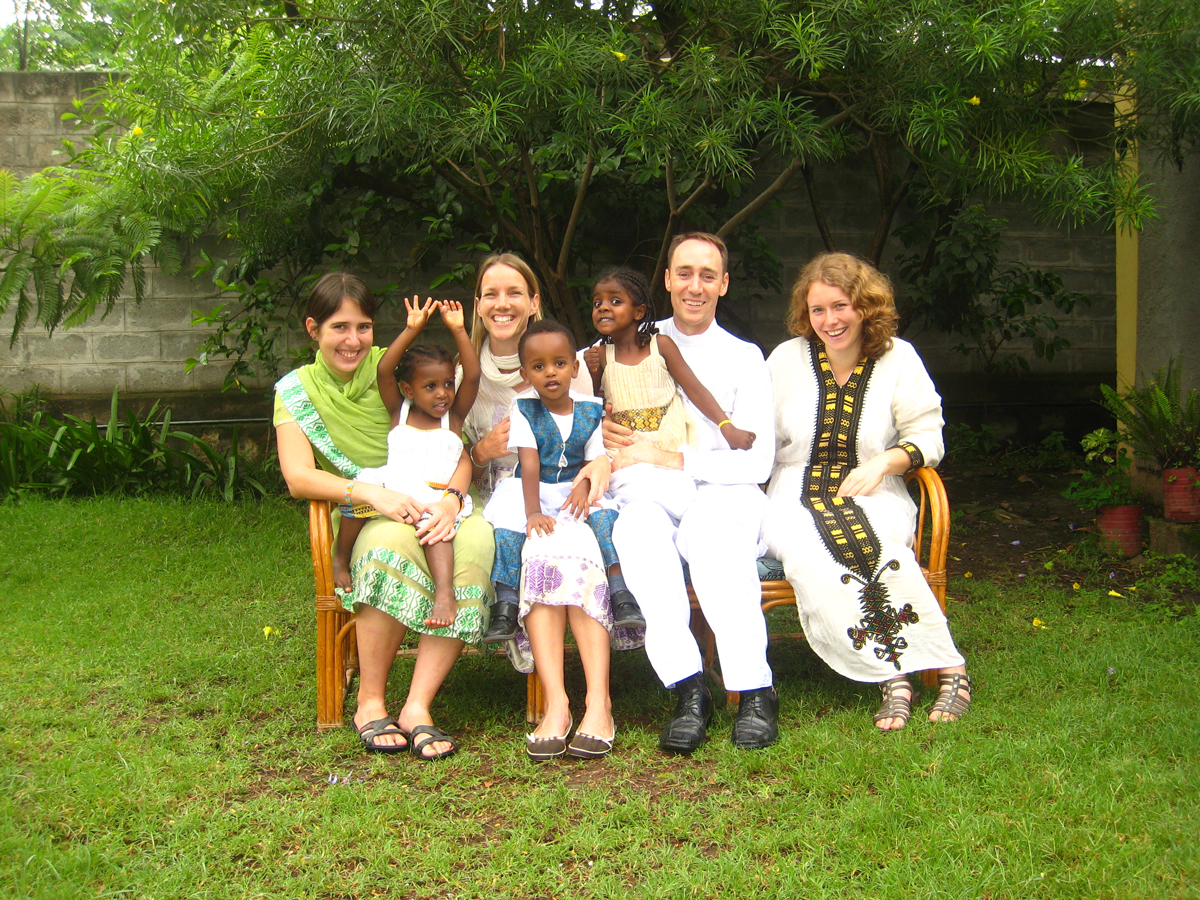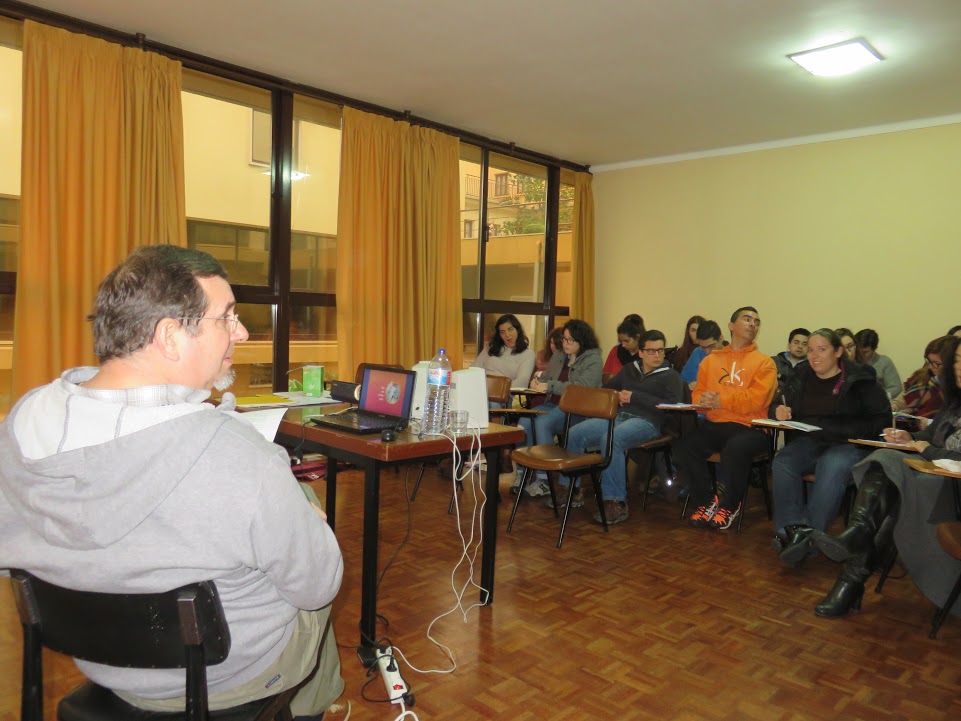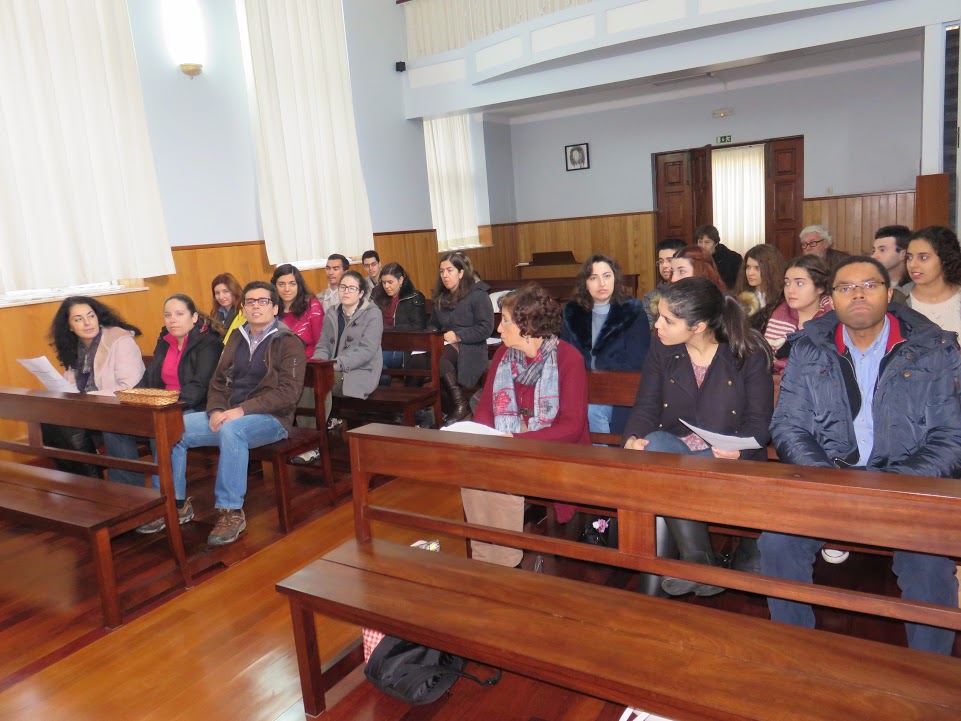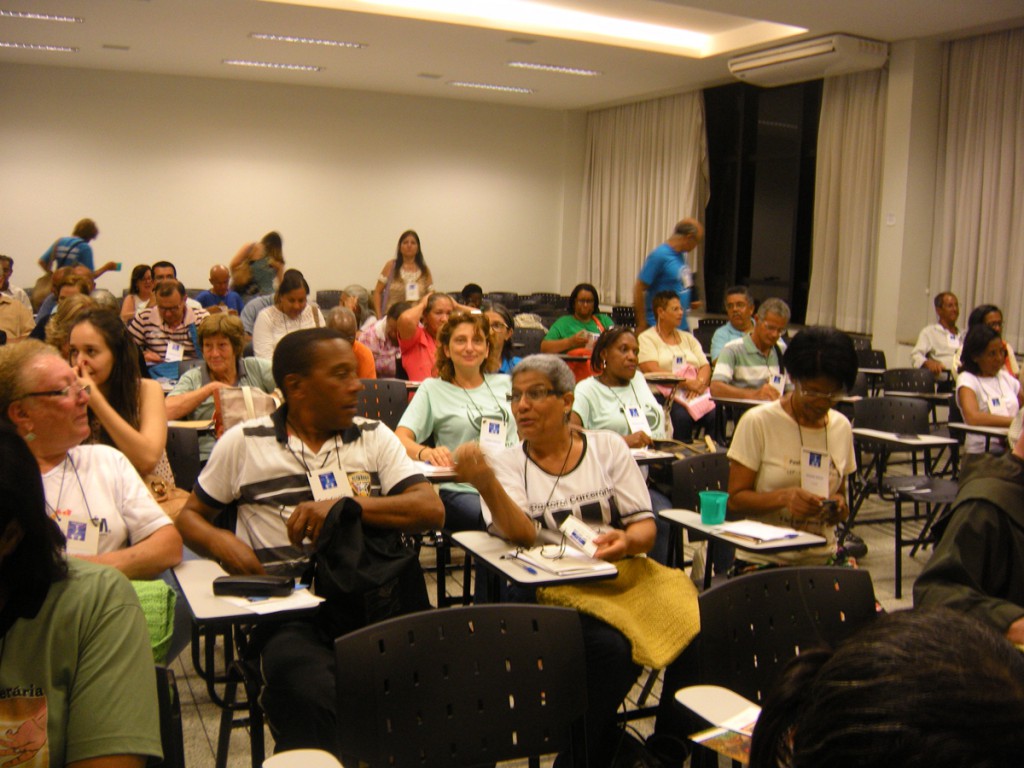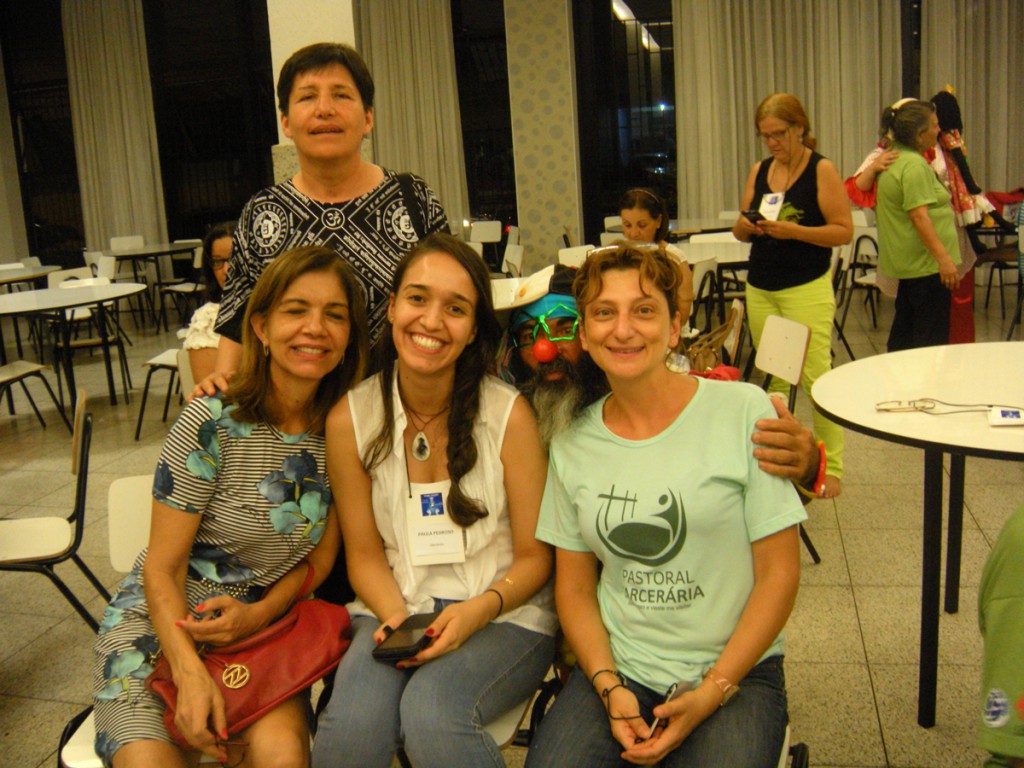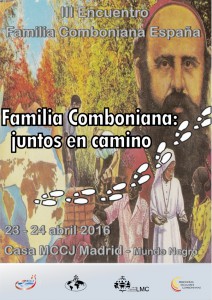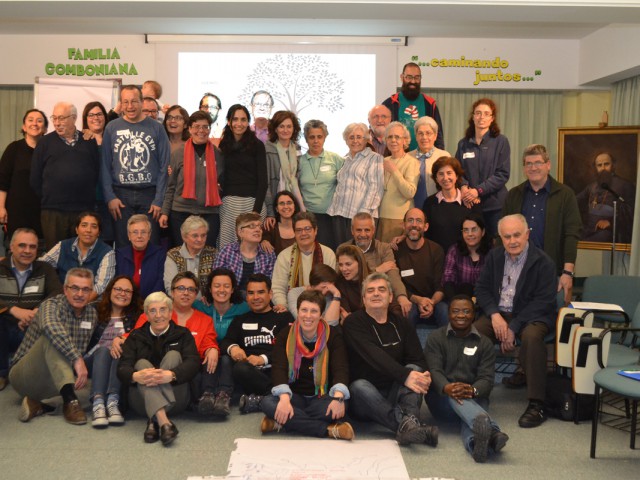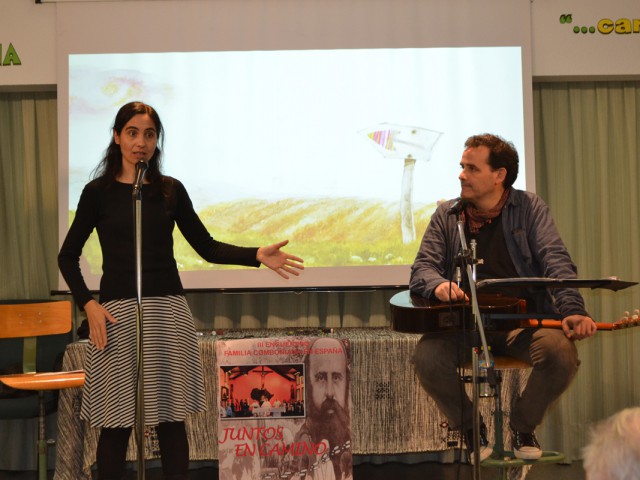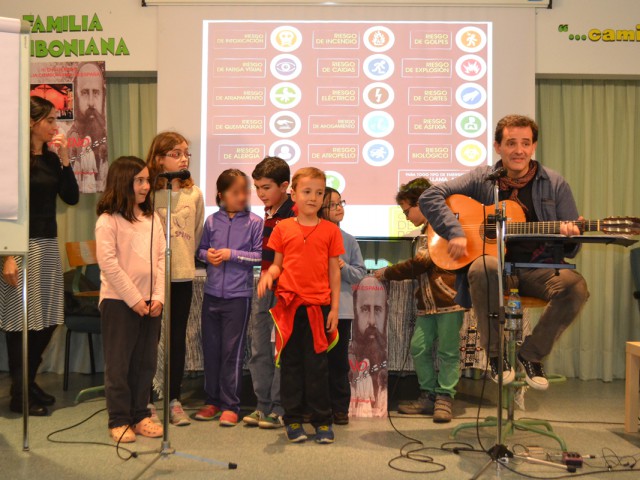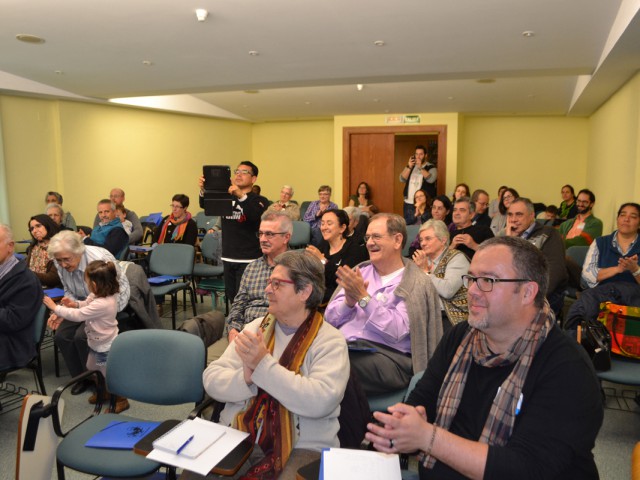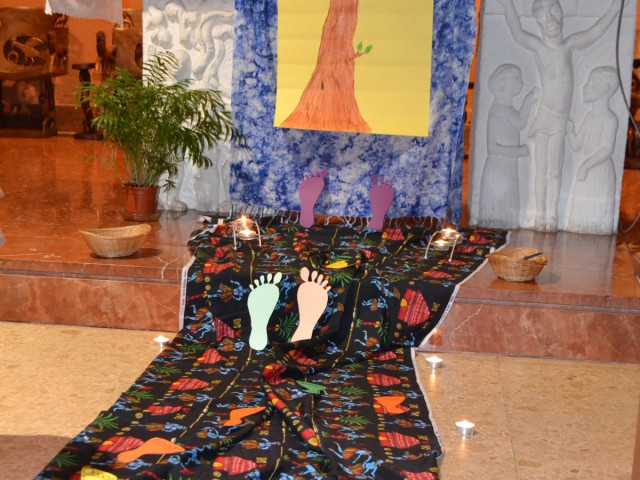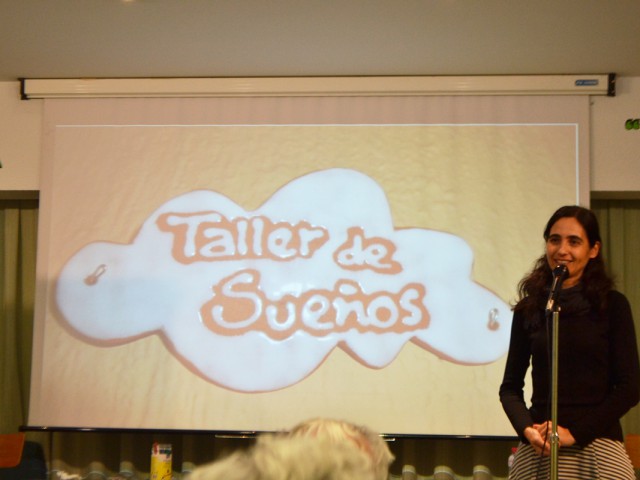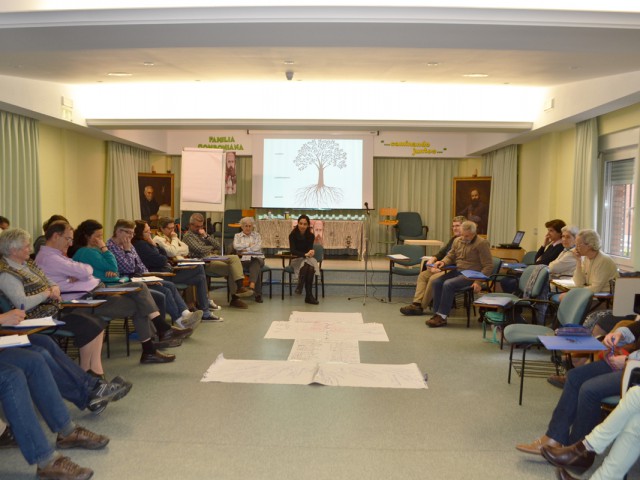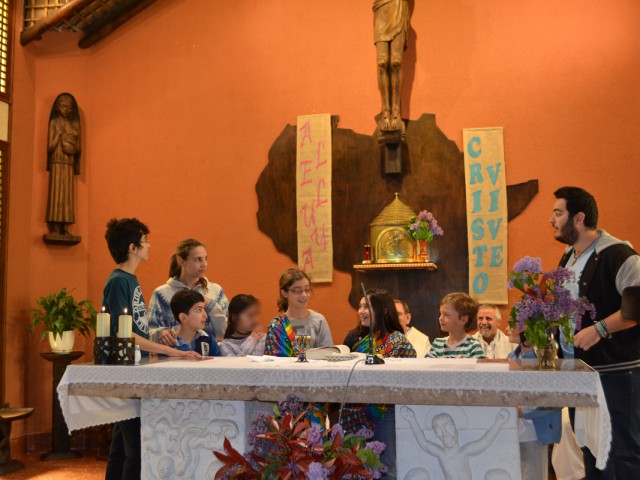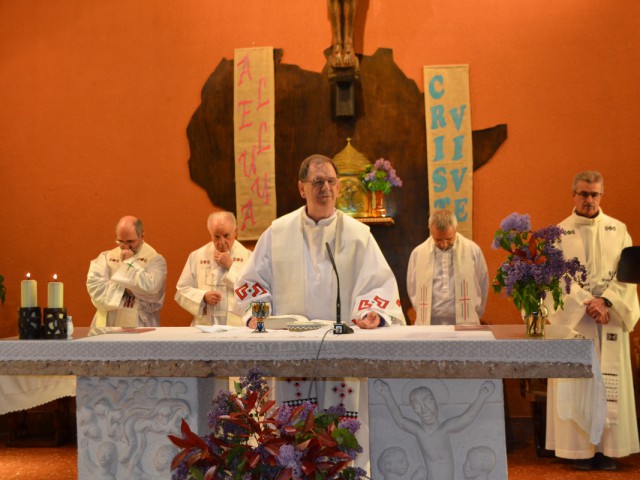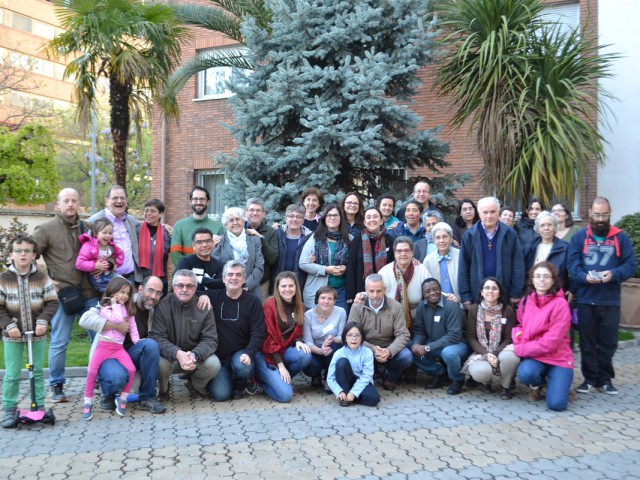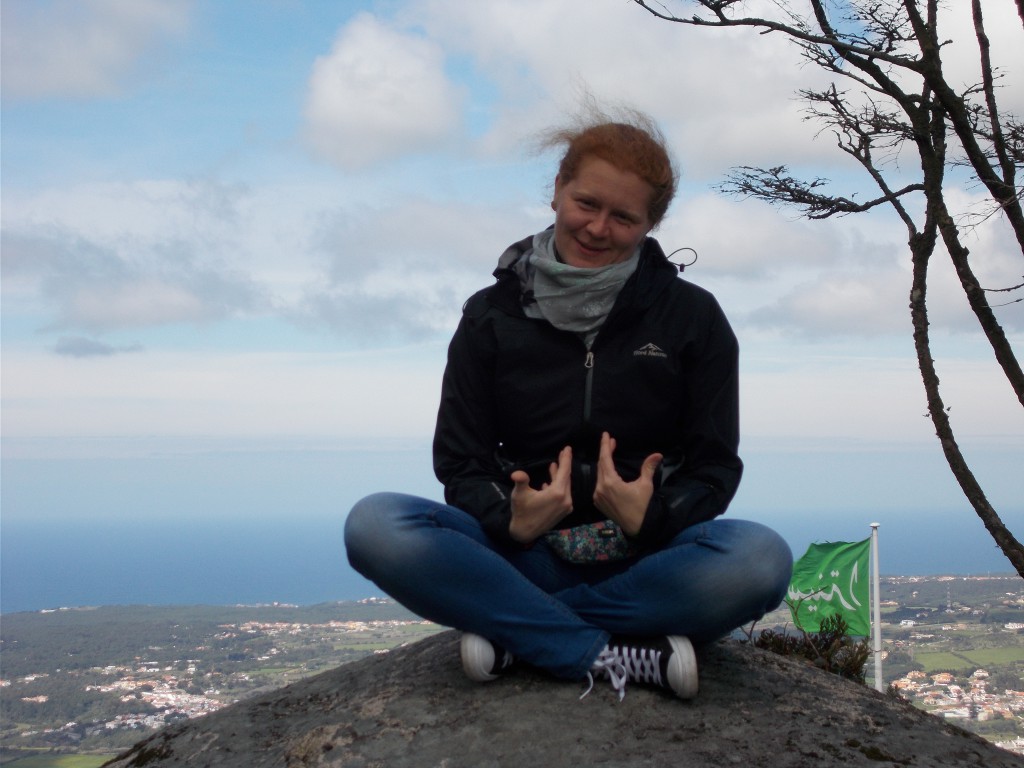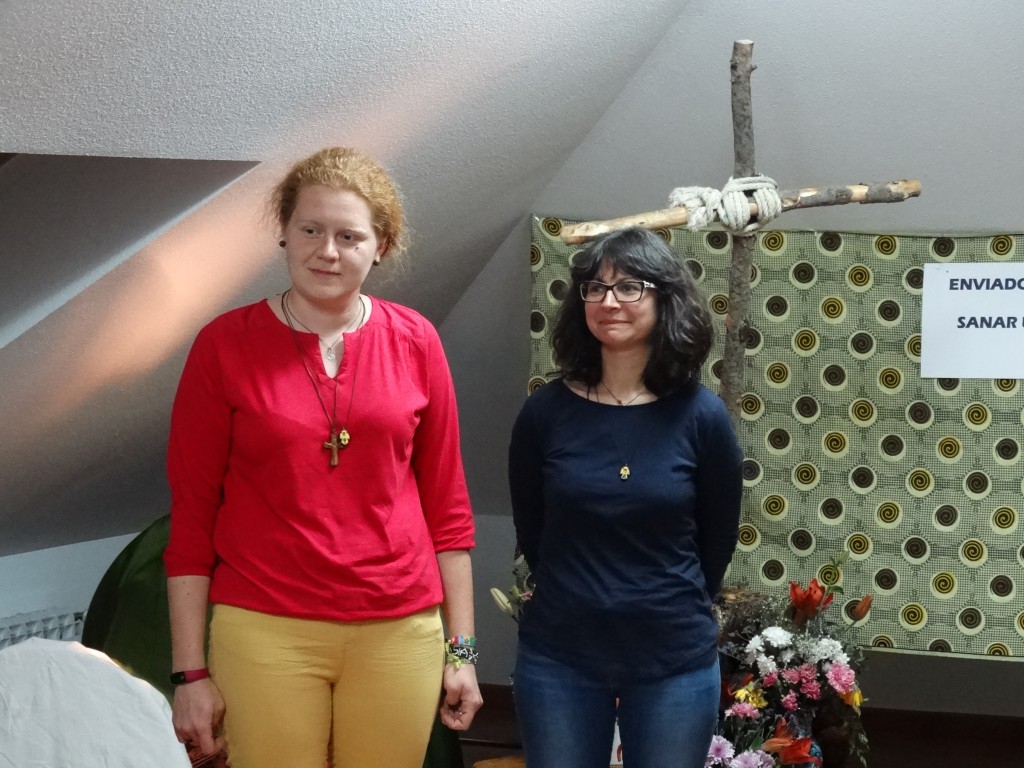After long preparations at last I arrived in Ethiopia. Everybody welcomed me very cordially. Our Comboni Lay Missionary Madzia came from Awassa to pick me up at the airport, help me and explain everything at the beginning of my stay. Together with Father Sixtus and Father Julio (the Ethiopian Provincial) we made the decision that I would go to Awassa the next day. The first plan established was that I would learn Amharic in the capitol for at least 3 months. It turned out a new Amharic course is starting in June, so I could spend the time first getting to know my destination Awassa, the community and language’s basics. This information was a very nice surprise for me. My new community received me very kindly. Madzia, Maggie and Mark help me as much as they can. The three children of Maggie and Mark cause much joy and life. The kids also accepted me as a new member of their community. Awassa is a big city, however it’s peaceful and picturesque. Now I’m getting to know the place, the local people and missionaries’ jobs.
Last week we celebrated Easter. It wasn’t only a time to meet with the Risen Lord, but also an interesting experience of my new cultures celebration’s which is fulfilled by different surprising elements. The Catholic Church in Ethiopia has a lot in common with the Orthodox Church. We obviously spent Easter in our community. We cultivated two Polish traditions: egg painting and Easter Breakfast on Easter Sunday.
I’m starting learning Amharic this week. I’m going to have three classes per week with a professional teacher and five classes with a tutor- a local boy who speaks English. If I’m satisfied with the schooling system, maybe I will continue my studies here, in Awassa. In that case I could stay at home. A big challenge is waiting for me now – learning Amharic language!
Magda Fiec, CLM in Ethiopia




